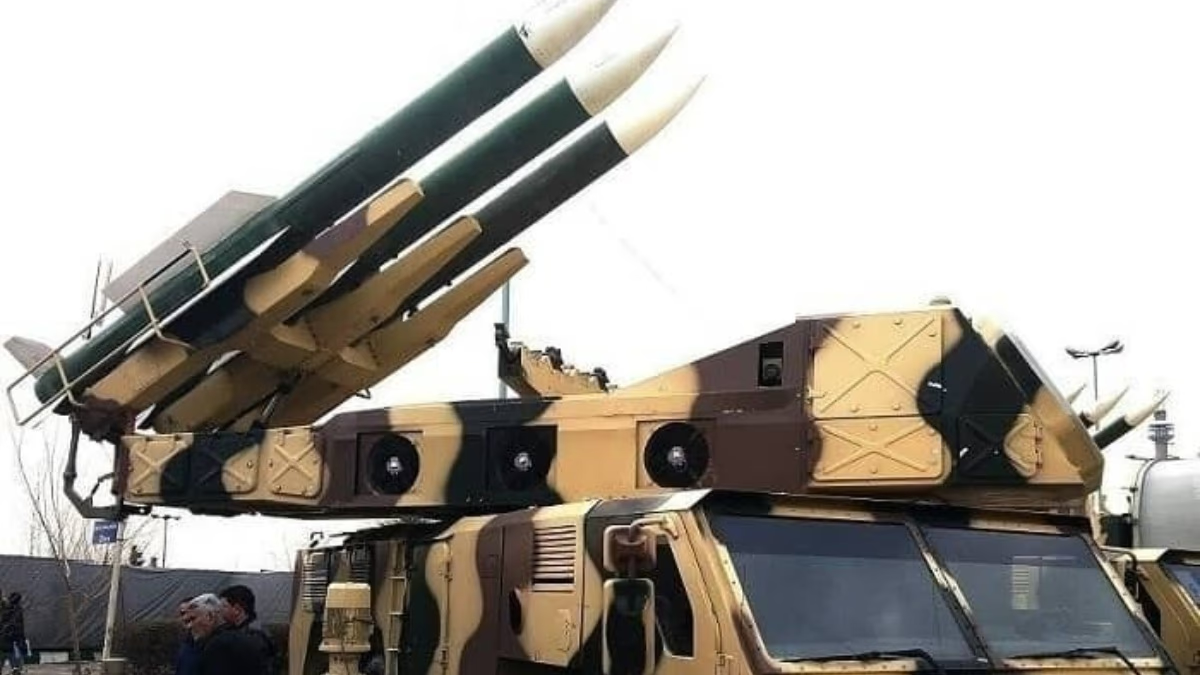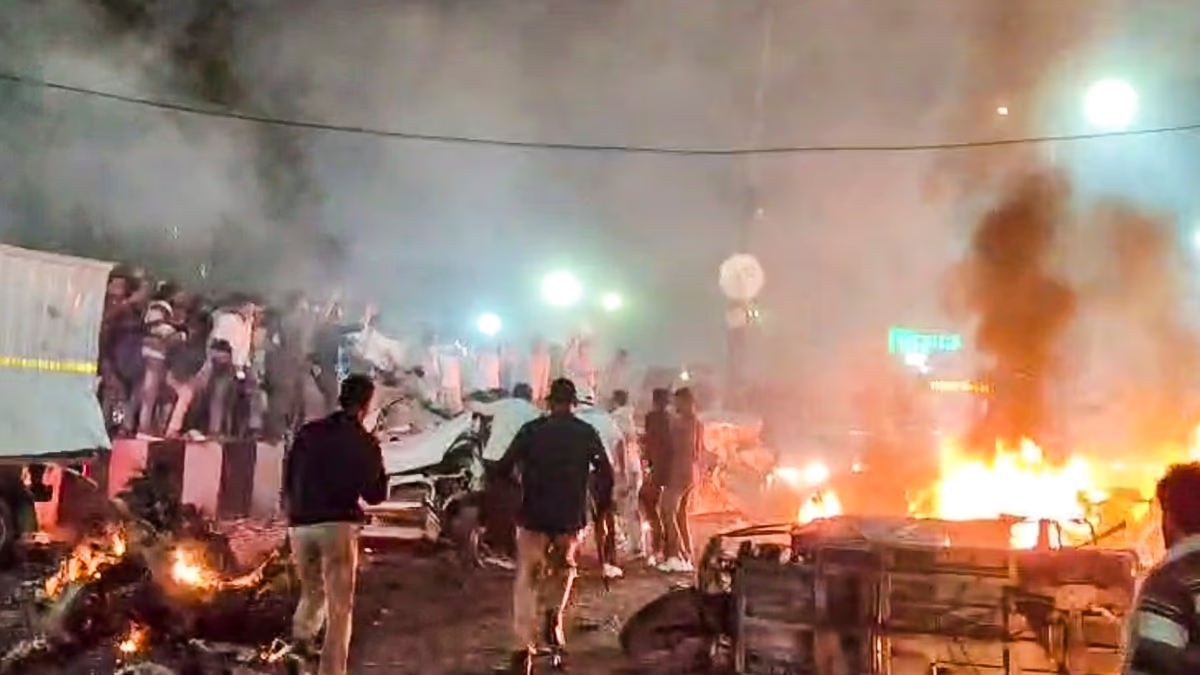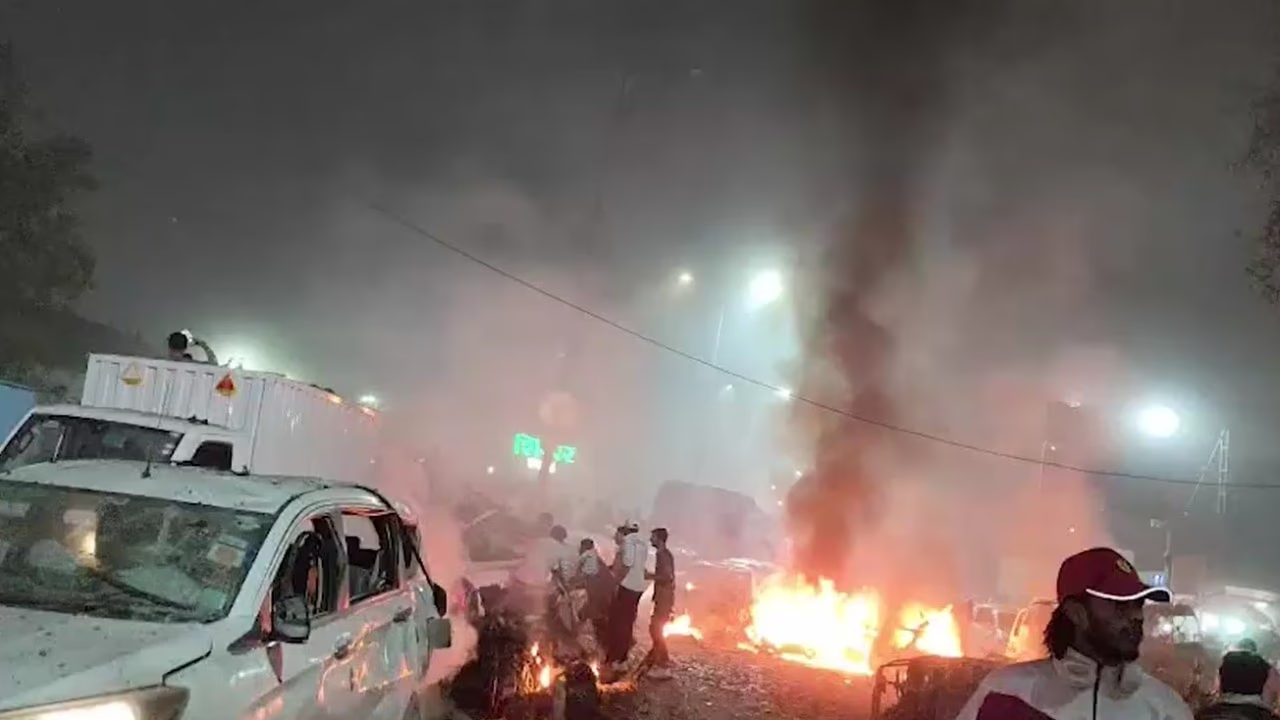Israel launched relentless attacks not only on Iran but also obliterated sites in Iraq and Syria overnight. Iran’s air defense acknowledged that Israel targeted parts of military sites in Tehran, Khuzestan, and Ilam province.
According to three Iranian officials and three senior Israeli defense officials, air defense systems safeguarding crucial oil and petrochemical refineries were completely destroyed during Israel's strikes. These targets included defense systems stationed for the security of the vast Imam Khomeini petrochemical complex located in the Khuzestan province, the key economic port Bandar Imam Khomeini, and the Abadan oil refinery.
Destruction of Air Defense Systems Causes Major Anxiety for Iran
Officials reported attacks on the air defense systems at the Tangeh Bijar gas field refinery in Ilam province. One of these is related to Iran’s oil ministry. Iranian and Israeli officials familiar with the attacks discussed this intelligence on condition of anonymity. They stated that with the continued retaliation between Iran and Israel, unprotected major energy and economic centers might be at risk in the future.
Iran's experts in the oil and gas industry and member of the Iran-Iraq Chamber of Commerce, Hamid Husseini, stated, "Israel is sending us a clear message. This could have very serious economic repercussions for Iran, and now that we understand what's at stake, we must act wisely and prevent further tensions."
After the Israeli attack, Iran's military reported four soldiers working on the air defense system were killed. Iranian media suggested the death toll might rise. Two soldiers were identified as residents of the nearby residential city Mahshahr, near the Bandar Imam Khomeini petrochemical complex.
When Israel was planning the attack on Iran, the United States urged it not to strike any of Iran's energy and oil sites or nuclear facilities. The U.S. feared that attacks on such high-value sites could escalate Iran's reaction, destabilize the global economy, and spark a broader regional war involving America. Israeli officials stated that in Saturday's attacks, Israel decided to hit air defenses around many energy facilities, but didn't target the facilities themselves.
Iran Appeals to the UN
Since the assault, Iranian officials, including Foreign Minister Abbas Araqchi, repeatedly indicated in media and diplomatic meetings with regional Arab counterparts that striking Iran’s energy infrastructure means crossing the red line, and a strong response would follow. Araqchi sent a letter to the United Nations condemning Israel's attack as “illegal and aggressive,” and against Iran’s “sovereignty and territorial integrity.”
Iranian armed forces issued a statement saying Israeli soldiers targeted radar and air defense systems in Khuzestan, Ilam, and Tehran, resulting in minor damage. The statement noted that repairs are underway, and the Iranian air defenses successfully neutralized most Israeli missiles and drones.
Radar Systems Along with Command Trailers Destroyed
Israeli officials confirmed Saturday's targets included command-and-control trailers with radar systems. Israel's assessment found that air defense systems were severely damaged and rendered inactive. Satellite imagery showed Israel targeted only air-defense batteries at the Imam Khomeini petrochemical complex, leaving the adjacent industrial complex.
Iranian forces in their statement said that Israeli fighter jets didn’t enter Iranian airspace and launched missiles and drones from Iraqi airspace, blaming the U.S. for allowing the use of Iraqi airspace. Iran's mission to the United Nations accused America of "complicity in this crime", though U.S. officials said they had no involvement in Israel's attacks against Iran.
In addition to targeting security around energy sites, Israeli and Iranian officials confirmed that Israel's attacks effectively destroyed four S-300 air defense systems, purchased by Iran from Russia. Israel also hit three key missile manufacturing facilities—Falaq, Shahed Ghadeeri, and Abdul Fateh—related to the Revolutionary Guards Corps.
Israeli officials claimed the strikes hampered Iran's missile production capability. Iranian officials responded saying the damage was minor and the shocks short-lived.




